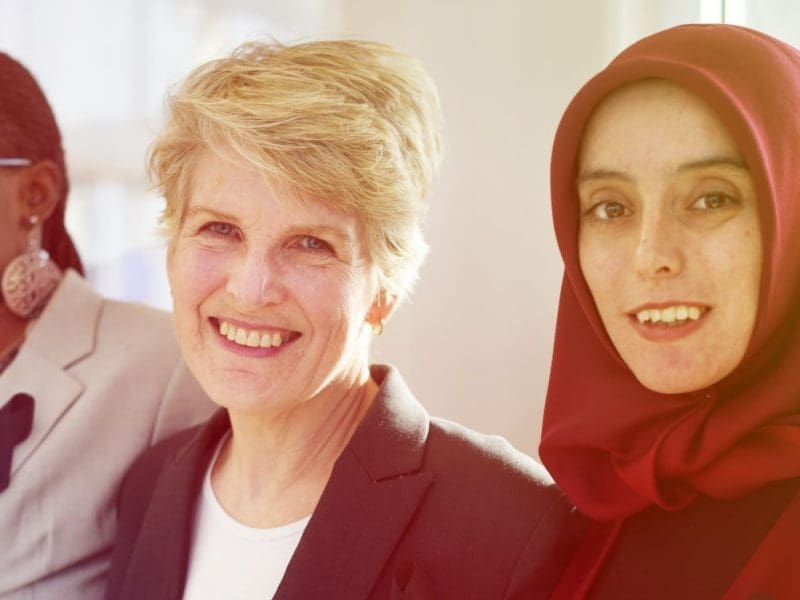Building the Evidence Base about Economic, Health and Social Inequities Faced by LGBTQ2S-Plus Individuals in Canada: Phase 1 Report
As a group, gender and sexual minorities in Canada – including lesbian, gay, bisexual, transgender, queer, and Two-spirit (LGBTQ2S+) self-identified people – are more likely to live in poverty, face greater barriers to employment, and earn less at work than their cisgender, heterosexual counterparts, in addition to reporting poorer health and social outcomes. As an emerging area of research, significant knowledge gaps remain. In particular, there is a demonstrated need for research that accounts for differential outcomes within the LGBTQ2S+ community, takes an explicitly-intersectional approach, and is interdisciplinary in nature. These gaps are partially explained by the lack of high-quality, population-level data on gender and sexual minorities in the Canadian context.
This report documents the Phase 1 findings of the project Economic, health and social inequities faced by LGBTQ2S+ individuals in Canada, funded by Women and Gender Equality Canada and in partnership with Dr. Sean Waite at the University of Western Ontario, Pride at Work Canada, and the Labour Market Information Council. Authored by the SRDC project team and Dr. Sean Waite, the Phase 1 report communicates the project findings to-date, drawing from grey and peer-reviewed literature, key informant interviews, and a scan of available datasets to begin to describe outcomes and determinants thereof for LGBTQ2S+ individuals in Canada, as well as critically assess the data landscape. Subsequent phases will build on these findings, drawing in quantitative (Phase 2) and qualitative (Phase 3) data and analysis.
Project Details
Published: February 2021
Capability: Policy Research
Policy Area: Career Development and LMI, Employment - Workplace Diversity and Inclusion - Employment Supports and Services, Population Health
Population: 2SLGBTQ+ People
Other Related Projects and Publications
Other Related Projects

Diversifying the Talent Pipelines for In-Demand Red Seal Trades
This project focuses on supporting apprentices from equity-deserving groups, including women, gender-diverse individuals, youth, Indigenous people, and racialized individuals in Ontario, Alberta, and Nova… Read More
SCWIST STEM Streams Evaluation Support
As part of the Women’s Employment Readiness pilot funded by Employment and Social Development Canada, the Society for Canadian Women in Science and Technology… Read More